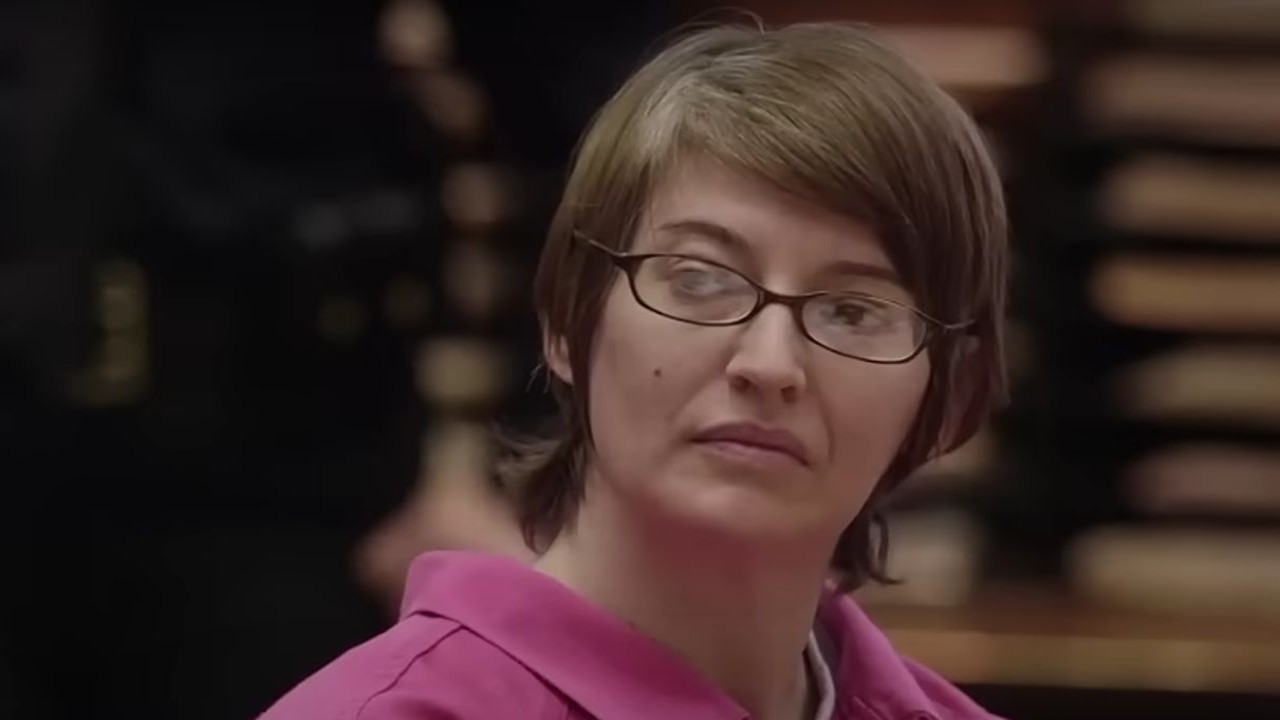Why Was THIS Popular Netflix Documentary Rejected By Film Festivals? Explored
Tell Them You Love Me centers on the subjects of race, true crime, sex, and disability, by delving into the controversial love affair between a professor and her disabled student.

Director Nick August-Perna helmed the new documentary, Tell Them You Love Me, currently climbing the charts on Netflix. For the feature that was rejected by most premier film festivals, Tell Them You Love Me has proved its worth with its thought-provoking arc and support from fans.
Tell Them You Love Me centers on the subjects of race, true crime, sex, and disability, by delving into the controversial love affair between a professor and her disabled student, that raised eyebrows worldwide.
Currency at No.1 on Netflix, the documentary was rejected by Sundance, the Toronto International Film Festival (TIFF), Tribeca Festival, and the Sheffield DocFest in the U.K.
Filmmaker August-Perna and executive producer Louis Theroux, best known for writing and starring in 2015’s My Scientology Movie, were shocked and in disbelief, at the rejections for the documentary they felt the audience could have connected with. “It was painful, it was annoying. I think we all felt that we’d made something really special,” Theroux said, per Deadline.
However, the creative minds could not go without breaking down the non-acceptance. Theroux enlightened with his theory about the festivals and how they pick films for the audience to see. Interestingly, he connected the rejection and them being uncomfortable with the controversial subjects to “things that made the film successful.”
Tell Them You Love Me’s exploration of life with disability and the inconclusive end that fails to provide any resolution or a moral value to its viewers, but only leaves it up to their conscience, good or bad, is what Theroux feels may have piqued the heads of the film festivals. “I think maybe festival programmers felt, well, this is bad news about people with disabilities and what do we do with that?” the British-American journalist, 54, said.
Theroux also pondered over the documentary’s political impact in the sense that it does not plate an “unadulterated good news story” about race and disability, which seemingly makes it awkward for the film festivals.
Yet, he was quick to mention that the bottom line of the feature is a Black person with a disability who is a potential victim of sexual assault. It also urges people to spark the uncomfortable discussion around consent, regardless of race, gender, or ability.
It is worth mentioning that the rejections came with elaborate emails from officials about why they chose not to feature it in their festivals and how the filmmakers may have explored the storyline better.
Tell Them You Love Me, which later found its home on Netflix, is based on the true story of Dr. Anna Stubblefied, a white philosophy professor and disability theorist at Rutgers University, and her alleged love affair with Derrick Johnson, a non-verbal Black man with cerebral palsy and disability.
Dr. Stubblefield worked with Johnson as her student, using a scientifically unapproved way of communication to help the latter communicate his thoughts. The documentary dives into the technical aspects of Facilitated Communication, charting Johnson’s triumph with the method of typing letters on a keyboard.
The question of morality arose when Dr. Stubblefield revealed that Johnson had allegedly confessed his love to her, and that the feeling went both ways. She conveyed the news to Johnson’s mother Daisy and older brother John, both of whom appear in the Netflix feature. “I am in love with him,” the professor admitted, further adding that they had even gotten sexually intimate once.
Daisy reported Dr. Stubblefield to the police, and was eventually charged with two counts of sexual assault. She served two years in prison, against her 12-year sentence after an appeal at a higher court merely considered her claims.
Tell Them You Love Me is now streaming on Netflix.





 JOIN OUR WHATSAPP CHANNEL
JOIN OUR WHATSAPP CHANNEL













































